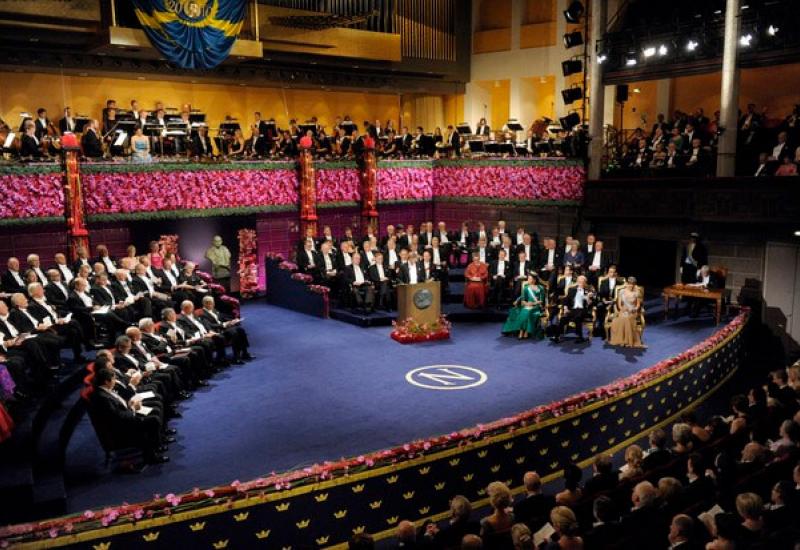Alfred Bernhard Nobel (1833-1896) - a man whose name is associated with the invention of dynamite and founding the Nobel Prize. But not everyone knows that it led to the establishment of the Nobel Prize, named in his honor. After the death of his brother reporters confused two Nobel and obituaries published in Alfred. Wealthy industrialist was a rare opportunity - to see what people will say about him after his death. Rows obituaries he was not happy, newspapers wrote that the dead man, whose work allowed the order to kill more people than wars past. Then Alfred Nobel and had the idea to establish an annual prize to scientists, writers and peacemakers: that his name is not associated with the wars and massacres, and with prominent personalities.
... In every life always comes a time when she should ponder: what's left in the world after her? What people remember about it when it becomes? Of course, the case of Alfred Nobel is unique, but it seems that everyone is clear about what his obituary just not write. Do not write that dressed fashionably late, that he had a big house and a luxury car or that he worked around the clock and therefore not paid in time relatives and friends.
What remains after us really - it's good things that we did during life. The biggest and best remembered not the one who was the richest or even the happiest man, and those who own affairs media cornfields in the lives of others.
In this regard, recall the story of the famous philanthropist XIX century by Sir Moses Montefiore. Once journalists asked him: "How much do you cost?" - meaning, of course, the size of the property. He called the amount - significant, but much smaller than the value of stocks and real estate that he owned. "Why did you give this modest assessment of your wealth?" - surprised journalists. Here, in turn, surprised Montefiore August: "I did not answer the question of what belongs to me and how much I cost. Our value - that is what we give to others, so I called the amount given to charity. " A similar opinion was and Benjamin Franklin, who argued that "the most desirable things to God - this is good business for people."
... Effect of good deeds lasts almost forever. A good father will be proud of not only children but also grandchildren, great-grandchildren. Talented teacher - not only students but also students of students. It Nobel Prize - a typical example: the first award (1901 g.) has passed more than a hundred years, several generations have changed, but the name of Alfred Nobel is still remembered each year with outstanding figures of science, literature and politics, how it helps and who it due to give humanity more benefits.

